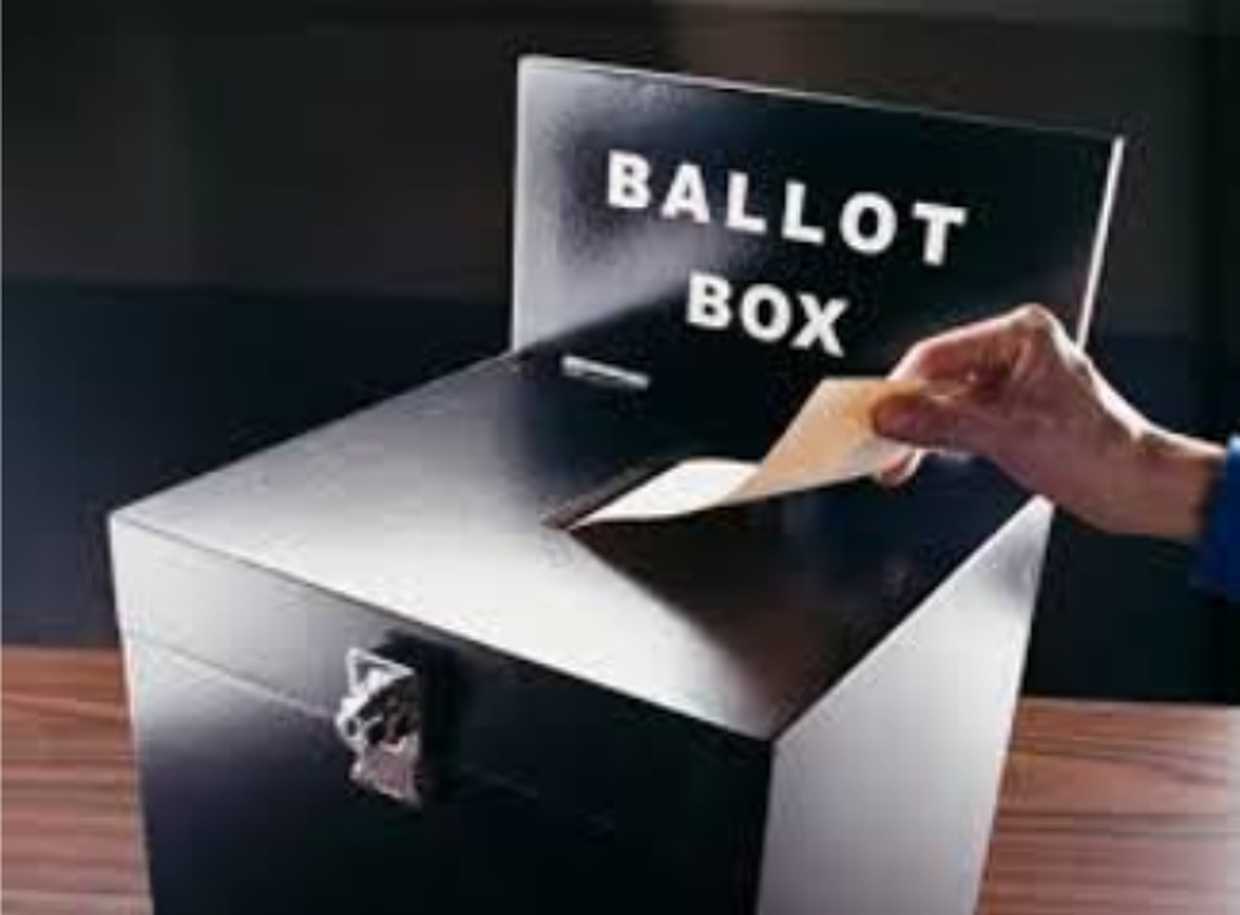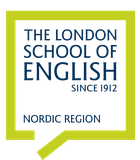10 election terms you should know

The UK is gripped by election fever today as the nation goes to the polls, facing historic choices. As the sheer volume of political information and terminology can be overwhelming and difficult to follow, we’ve put together a glossary of the most important terms you should know. We hope you find it helpful.
1. MP
This stands for Member of Parliament, a person elected by voters to represent a constituency in parliament.
2. Constituency
The UK is divided into areas called constituencies. One MP is elected to represent each of these areas.
3. Frontbencher
The term ‘Frontbencher’ is used to describe either a government minister or opposition shadow spokesperson. This comes from the seating arrangements where the most important members of Parliament sit at the front.
4. Backbencher
The backbenches are the seats where an MP sits if he or she is neither a minister nor a spokesman for his or her party i.e. not in the front rows.
5. First-past-the-post
‘First-past-the-post’ is the name usually given to the electoral system used for election to the House of Commons. In this system each area (constituency) elects one MP from a choice of candidates. Voters can only vote for one candidate and the candidate that gets the most votes becomes the MP. This system generally results over time in a two-party competition.
6. House of Commons
The House of Commons is the lower house of the parliament of the United Kingdom which meets in the Palace of Westminster. The house is an elected body consisting of 650 members known as members of parliament MPs. Members are elected to represent constituencies.
7. House of Lords
This is the upper house of the parliament of the United Kingdom. Like the House of Commons, it meets in the Palace of Westminster. Unlike the House of Commons, the number of members is not fixed. The public does not elect members of the House of Lords and its members are called peers.
8. Peer
A Peer is a member of the House of Lords. Some titles are hereditary but most members are Life Peers. The public does not elect members of the Lords. Hereditary Peers inherit their titles and Life Peers are appointed by the Queen on the advice of the Prime Minister to serve for their life. Since the year 2000, most hereditary peers have lost the right to sit in the House of Lords.
9. Polling card
An official poll card is a document which is sent to all registered voters shortly before an election in the UK. The poll card gives information about the election and the voter such as the date of the election, the location of the polling station, opening and closing times and the name, address and electoral number of the voter.
10. Poll
This can be a tricky word as it has more than one meaning.
1) A survey
Example: The newspaper conducted a poll to predict the election results.
2) The place where votes are cast or recorded —usually used in plural at the polls aka Polling station.
Example: The polls are open until 8:00 tonight.
The London School of English offers high quality English language training for motivated adults from all professional backgrounds. We give you the tools and skills you need to communicate successfully in your field of expertise and to expand your business and career opportunities. Call us on +46 8 5999 4000 or email us at [email protected] for more information about our tailored tuition or simply take our online test to check your English level.










